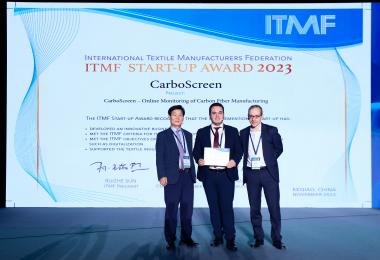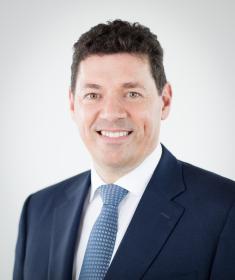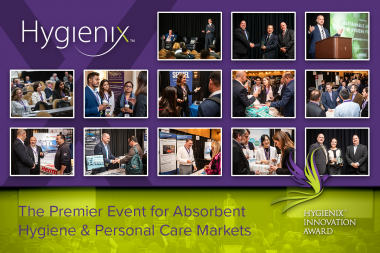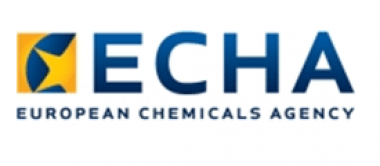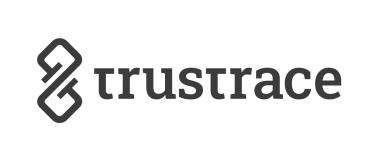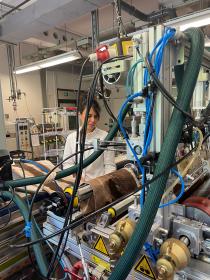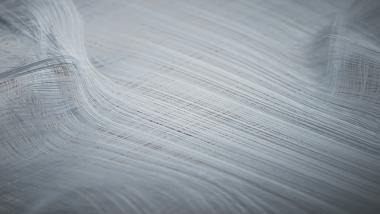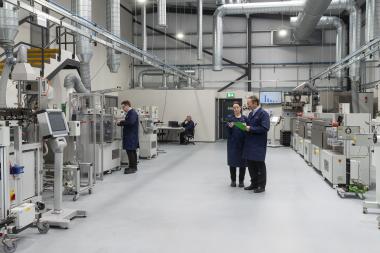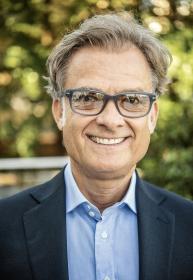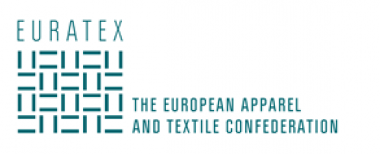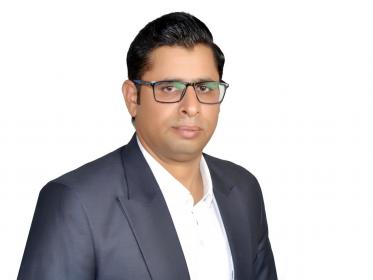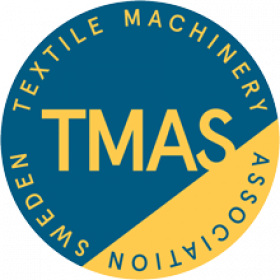Faster and cheaper carbon fibre production with CarboScreen
Faster and more cost-effective carbon fibre production - the technology of the start-up CarboScreen comes a good deal closer to this dream. The founders Dr. Musa Akdere, Felix Pohlkemper and Tim Röding from the Institut für Textiltechnik (ITA) of RWTH Aachen University are using sensor technology to monitor carbon fibre production, thereby doubling the production speed from the current 15 to 30 m/min in the medium term and increasing turnover by up to €37.5 million per year and system. This ground-breaking development also impressed the jury at the ITMF at their Annual Conference in Keqiao, China, and was honoured with the ITMF StartUp Award 2023 on 6 November 2023.
Dr. Musa Akdere accepted the award on behalf of the CarboScreen founding team.
Carbon fibres can only develop their full potential if they are not damaged during production and further processing. Two types of fibre damage occur more frequently during fibre production: Superficial or mechanical damage to the fibres or damage to the chemical structure.
Both types of damage cannot be optimally detected by current means or only become apparent after production, to name just two examples. This leads to higher production costs. In an emergency, faulty production can even lead to plant fires. For this reason, and to ensure good production quality, the system is run at 15 m/min below its production capacity for safety reasons. However, 30 m/min or more would be possible. With the sensor-based online monitoring of CarboScreen, the production capacity can be doubled to 30 /min. This would lead to higher production, resulting in lower manufacturing costs and wider use of carbon fibres in mass markets such as automotive, aerospace and wind energy.
ITA – Institut für Textiltechnik of RWTH Aachen University


